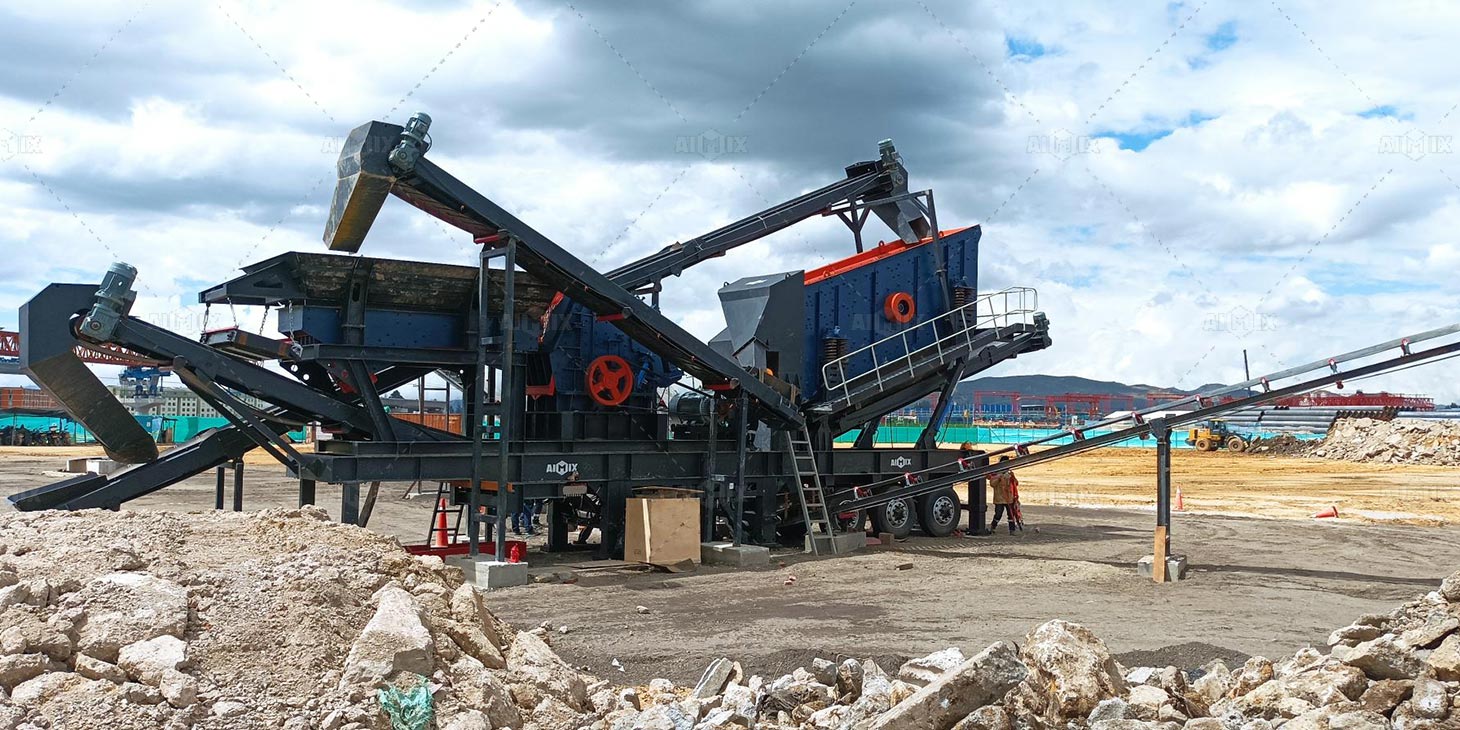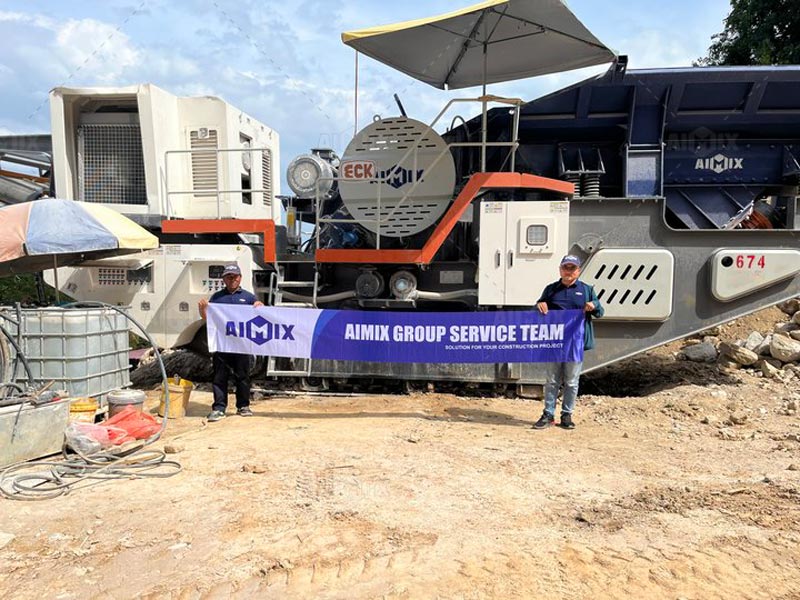
In the evolving landscape of construction and demolition, the efficient recycling of materials has become both an economic imperative and an environmental responsibility. Among the various machinery employed in recycling operations, impact crusher for sale has emerged as particularly formidable tools for processing concrete and asphalt. Their unique mechanical action and design specificity make them exceptionally well-suited to transforming demolition waste into valuable, reusable aggregate. The growing preference for these machines reflects a broader shift toward sustainable construction practices without compromising on efficiency or material quality.
The fundamental challenge in recycling concrete and asphalt lies in effectively breaking down these composite materials while minimizing the contamination of the resulting aggregate. Impact crushers address this challenge through a combination of brute force and remarkable finesse. Unlike other crushing methods that rely primarily on compression, impact crushers utilize rapid, high-energy impacts to fracture materials along natural fault lines and weaknesses. This results in a more uniform particle shape and a cleaner separation of aggregates from cementitious or bituminous binders, which is crucial for producing high-quality recycled material suitable for new construction projects.
Impact crushers operate on the principle of accelerated kinetic energy transfer. Material enters the crushing chamber and encounters rapidly rotating hammers or blow bars that propel it against hardened breaker plates. This sudden, high-energy impact creates fractures throughout the material matrix, effectively breaking apart concrete while liberating embedded rebar and other contaminants. The process excels at separating the aggregate from its binding agent without excessive comminution of either component.
Operators can exercise remarkable granulometric control by adjusting rotor speed, impact curtain spacing, and grinding path configuration. This tunability allows for the production of specific aggregate sizes and shapes tailored to particular applications—whether base course material or value-added products requiring cubical particles. The ability to consistently produce well-shaped aggregate makes impact-crushed material highly desirable for new concrete production and asphalt mixes.

Construction waste disposal presents considerable heterogeneity in composition, size, and contamination levels. Impact crushers demonstrate exceptional forgivingness toward feed variations that would challenge other crushing technologies. Their open crushing chambers and high inertia rotors can process material with occasional larger pieces or slight moisture content variations without clogging or significant efficiency loss.
The violent impact action naturally liberates deleterious materials such as wood, plastics, and metals from the concrete and asphalt matrix. These contaminants tend to remain largely intact and can be removed through subsequent screening and magnetic separation processes. This inherent cleaning action reduces the burden on downstream sorting systems and improves the purity of the final recycled product.
Impact crushers offer notable energy efficiency per ton processed compared to alternative crushing technologies. Their direct impact mechanism requires less energy than compression crushing for equivalent reduction ratios. Additionally, their wear parts are often designed for quick replacement, minimizing downtime and labor costs associated with maintenance—a significant consideration in recycling operations where abrasive materials accelerate wear.

By enabling high-quality recycling of concrete and asphalt, impact crushers directly contribute to circular economy principles in construction. They help divert millions of tons of material from landfills annually while reducing the need for virgin aggregate extraction. The resulting recycled materials typically require less transportation than hauling debris to landfills and importing new aggregate, further reducing the carbon footprint of construction projects.
The demonstrated prowess of mobile impact crushers in recycling applications underscores their vital role in sustainable construction practices. Their unique combination of mechanical efficiency, product quality control, and operational flexibility makes them indispensable for contractors and recyclers seeking to maximize the value of demolition materials. As recycling technologies continue to advance and material specifications become more stringent, impact crushers will likely remain at the forefront of transforming waste into worth, one impact at a time.